History of Tax Management
In our journey through the annals of tax history, we unearth a narrative teeming with lessons on societal evolution. This discourse on the historical tax management perspective offers a comprehensive understanding of tax administration’s evolution, shaping economies worldwide.
The Advent of Taxation: An Historical Perspective—Has It Changed?
The roots of taxation extend as far back as civilisation itself. Ancient societies levied forms of tribute paid to rulers or religious leaders, which were the precursors to modern tax systems. From head and poll taxes to customs and import duties, the early societies adopted a myriad of collection methods, each unique to their socioeconomic conditions and governance models.
Today, we understand taxation was greatly influenced by Adam Smith’s principles of a sound tax system. Emphasising fairness, transparency, and efficiency, these principles shape tax policies across countries. This underscores the importance of understanding the historical perspective of tax management.
How Did Direct Taxation and Income Tax Emerge?
The emergence of direct taxation, specifically income tax, is intrinsically tied to the history of warfare. The UK introduced the first income tax in 1799, primarily as a financial instrument to fund the Napoleonic Wars. However, the world wars led to the global acceptance of income tax as an essential source of revenue. The wars necessitated high tax rates on excess profits and high incomes, leading to the widespread implementation of income taxation.
How Has the Source of Revenue Transformed Over Time?
Over the centuries, revenue has shifted from trade and property taxes to income and corporate taxes. Taxes on income and profits have emerged as a significant source of revenue, more so in developed countries. Despite ongoing debates over tax rates and burdens, income taxation is viewed as a more equitable and efficient form of revenue collection.
The Evolution of Tax Forms: From Land Tax to VAT
The forms of taxation have evolved significantly over the centuries. While land and property taxes were prevalent in the ancient world, the 20th century saw the rise of consumption taxes like the value-added tax (VAT). VAT, excise duties, and other sales taxes have become more prevalent due to their ease of collection and significant revenue generation potential.
Modern Tax Systems: How Have Tax Administration and Collection Evolved?
The evolution of tax administration is a critical aspect of tax history. Progress has been considerable, from rudimentary tax collection methods to establishing dedicated tax administrators and advanced systems for managing tax returns. The role of technology has been pivotal in this transformation, leading to more efficient and effective tax administration.
Key Takeaways:
- Taxation has a rich history, dating back to ancient civilisations, with various forms of taxes being levied over the centuries.
- The concept of income tax emerged during the World Wars and has since become a significant source of revenue for many governments.
- The source of tax revenue has shifted from trade and property taxes to income and corporate taxes.
- The forms of taxation have evolved from land and property taxes to consumption taxes like VAT.
- Modern tax systems focus on efficient tax administration and collection, with technology playing a critical role in this transformation.


Request a call back
Let us know when you would like us to call you back by filling in this form:
Our 5 Star Reviews



Latest News

Making Tax Digital 2023: MPs Criticise Delays and Complexity
Explore the challenges and impacts of the UK’s Making Tax Digital initiative, including delays and the cost burden on taxpayers.

Making Tax Digital: Small Business Review
Making Tax Digital Small Business Review 2023: Understanding the Basics and Preparing for Change Introduction to Making Tax Digital (MTD) Since 1948, Jack Ross Chartered

Making Tax Digital: The Rising Costs and Challenges
Making Tax Digital: The Rising Costs and Challenges Introduction Making Tax Digital (MTD), the ambitious initiative by HM Revenue & Customs (HMRC) to digitise the
